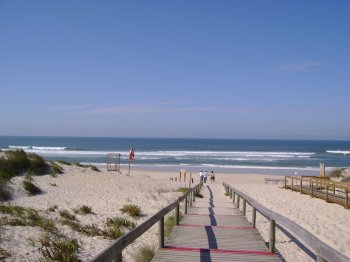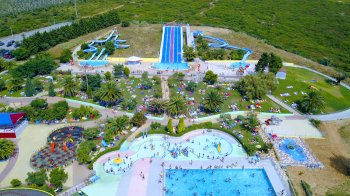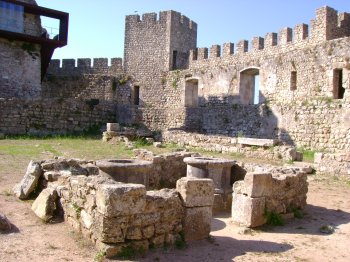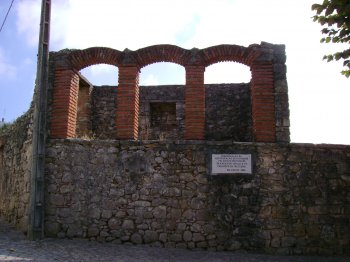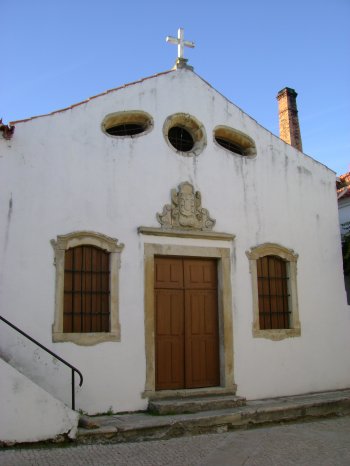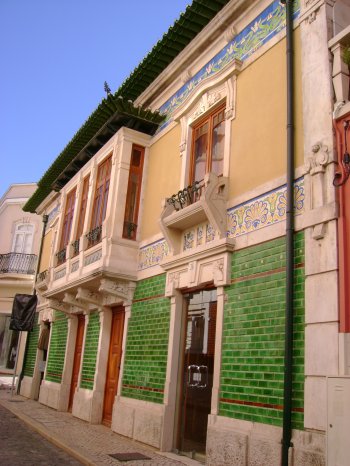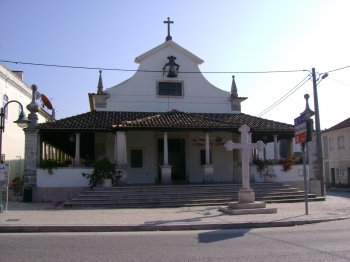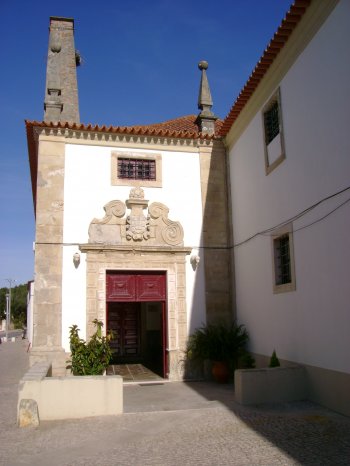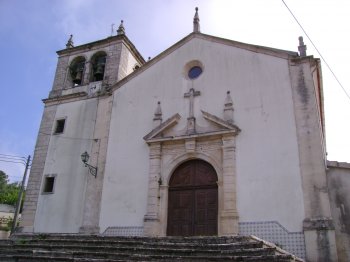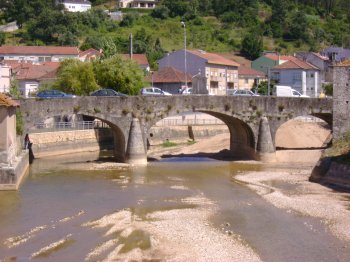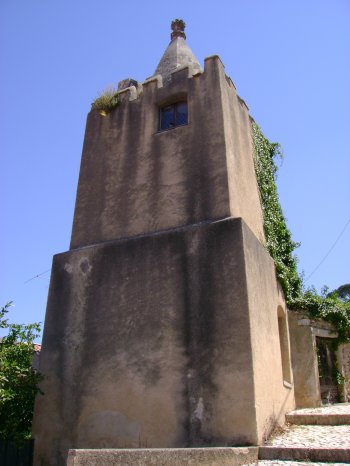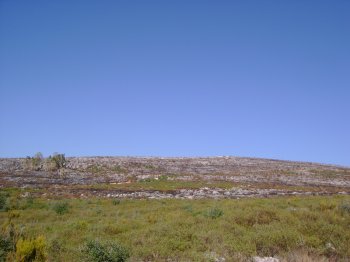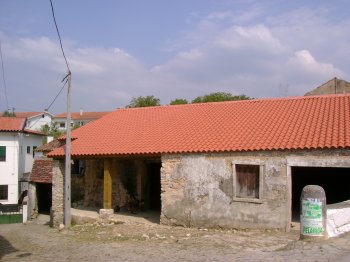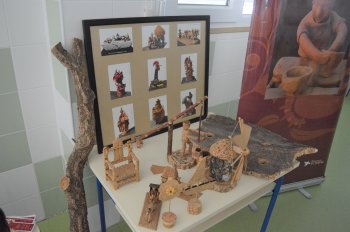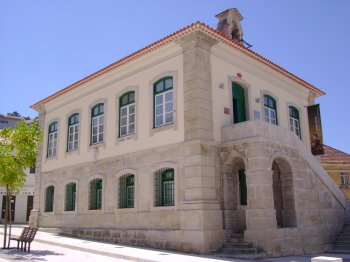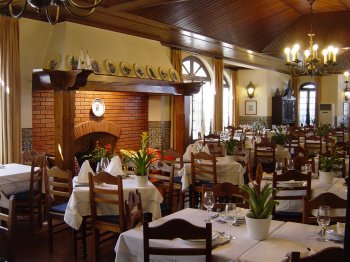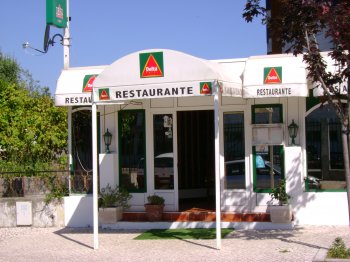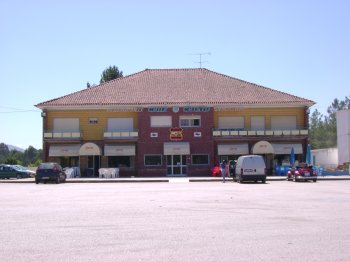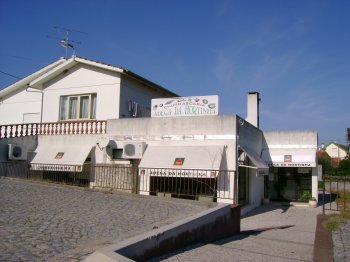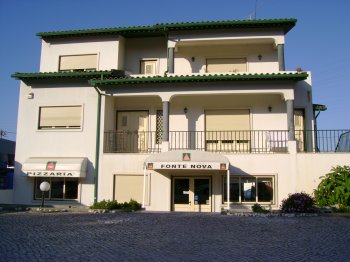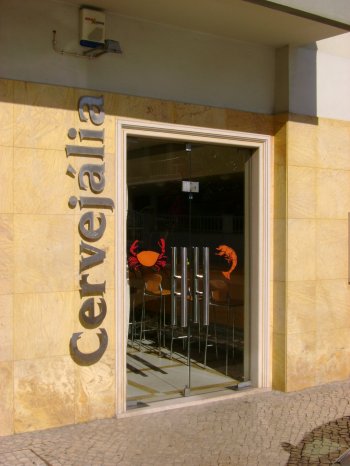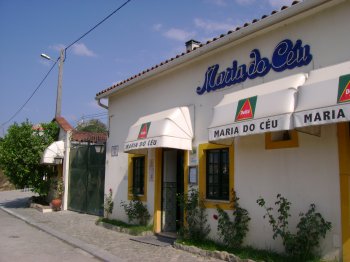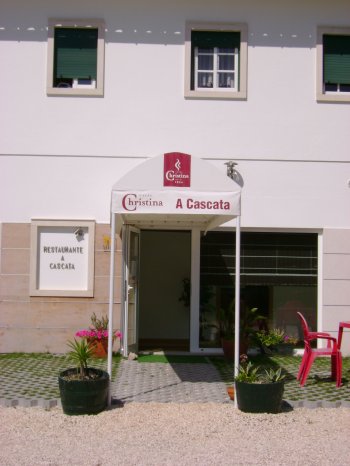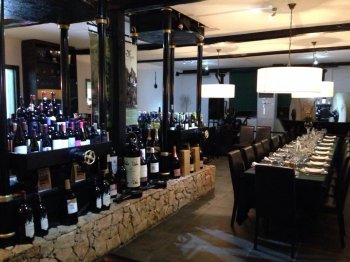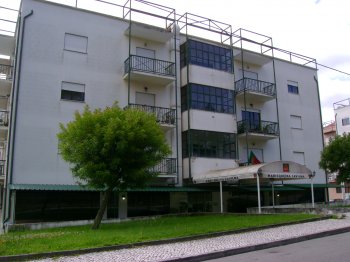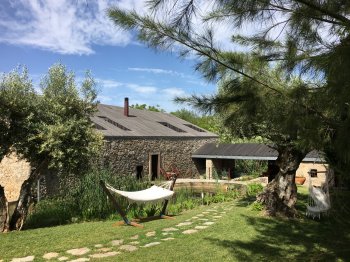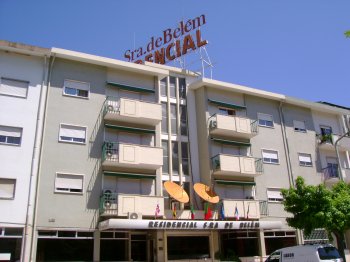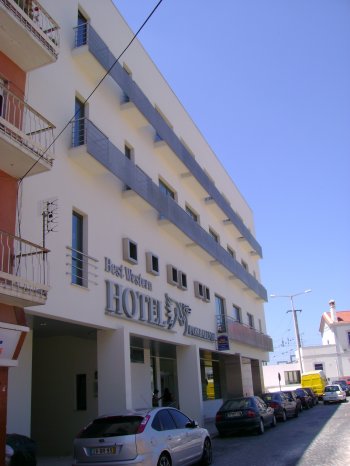Pombal
Its privileged location – between the coast and the interior and between the north and the south, in a territory that extends from the sea (Praia do Osso da Baleia) to the mountains (of Sicó) – has been a decisive factor, throughout history, for the development of Pombal, currently one of the most prosperous municipalities in the region. In handicrafts, the baskets and rush mats, ceramics and earthenware, and regional costumes (miniature dolls) stand out. At the table, the offer is rich and varied: "lavrador's" soup, "lagareiro" cod, "tortulhos", "torresmos", stewed lamb and shredded cabbage with black-eyed peas are the most typical dishes. For dessert, be sure to try the Louriçal biscuits, "fornilhos", Redilha cakes, "tigeladas", "triga-milha" balls, cinnamon "sonhos" and olive oil bread.
What to do in Pombal
Travel Guide
Up to date tourist information about the city's top attractions
Summer: 17 water parks in Portugal
Spend a different weekend or add some adrenaline to your summer vacation with these water parks. There is fun for the w…
Where to eat in Pombal
Mediterranean, Portuguese, Regional
25.00 €
A very large restaurant with well prepared dishes and fast and effective service. It offers two spa…
Portuguese, Regional
12.00 €
A friendly restaurant with a familiar atmosphere that serves traditional Portuguese dishes.
Portuguese
7.50 €
A large restaurant, located on a villa's ground floor, that serves traditional Portuguese dishes, n…
Fast food, Italian
7.50 €
A simple and familiar space that serves several Italian dishes and some traditional Portuguese dish…
Portuguese, Seafood restaurant
15.00 €
A modern and pleasant restaurant with a menu of regional dishes, namely shellfish dishes.
Portuguese
8.00 €
A simple and familiar space, located in a typical Alentejo house, that serves fine traditional dish…
Portuguese
33.00 €
A friendly space that serves quite a variety of national dishes, namely shellfish dishes. During th…
Portuguese, Regional
16.00 €
A large, simple and familiar space, with a vast menu of traditional Portuguese dishes.
Regional, Seafood restaurant
17.50 €
A friendly restaurant with a familiar atmosphre and a menu of regional dishes, namely fish and shel…
Where to sleep in Pombal
Situado nos arredores de Pombal, aqui o contacto com a natureza combina na perfeição com o conforto e comodidade de um hotel. Dispõe de um vasto espaço exterio…
2 star
Traditional building offering comfortable and modern facilities, including 27 well-equipped rooms, a lounge, a breakfast room and a friendly bar.
3 star
Very nice and modern space to offer 40 well-equipped rooms, a cosy bar, a reading room, a multimedia room and a room for events. There is also a nice restauran…
Near Pombal
Pedrógão Grande
Located in the extreme northwest of the Leiria district, Pedrógão Grande is part of the Pinhal Norte area, considered the largest forest area in Euro…
Batalha
The municipality of Batalha belongs to the district of Leiria and is composed of four parishes. The maximum exponent of this municipality is the impo…
Ansião
Ansião is a small village in the district of Leiria, with a historical, architectural and cultural heritage that is worth knowing. Very marked by the…
Alvaiázere
Located in the center of the country, Alvaiázere is part of the district of Leiria. The fertile soils, the well-irrigated valleys and floodplains and…
